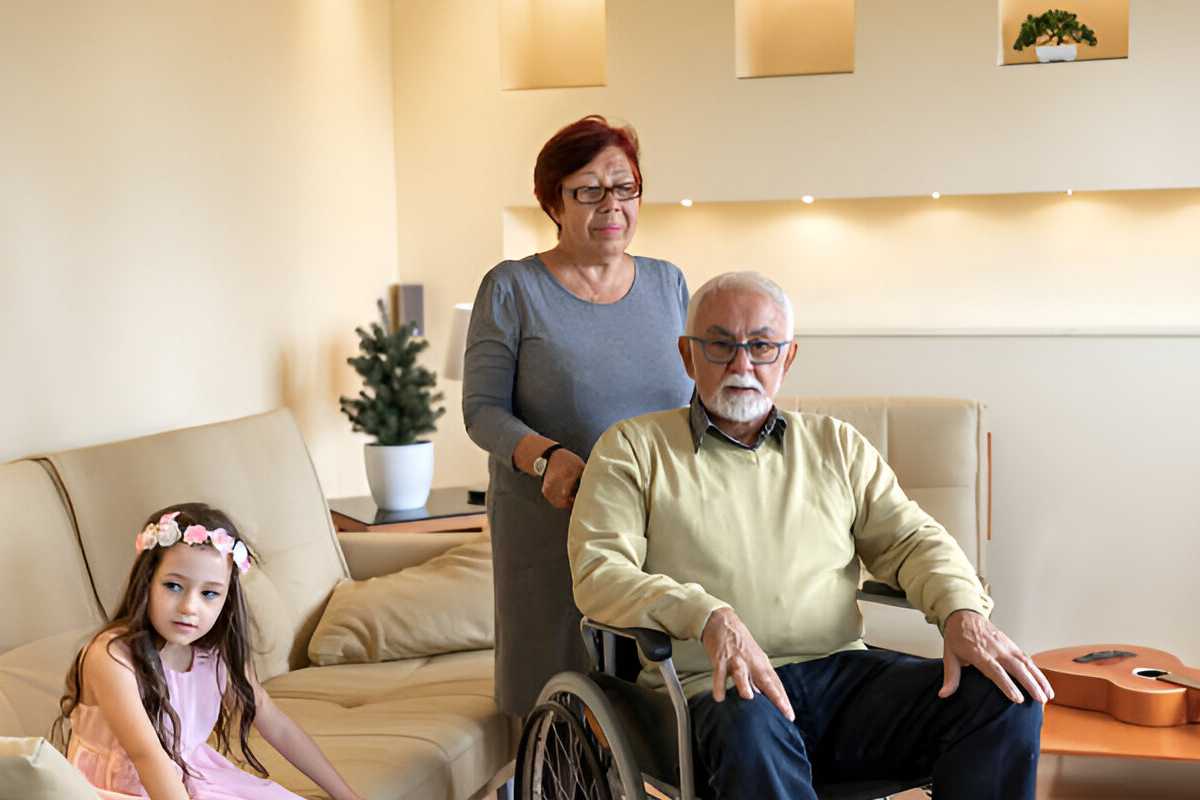- Aging increases susceptibility to age-related diseases like Alzheimer’s, arthritis, osteoporosis, diabetes, and cardiovascular disease.
- Early diagnosis and treatment can help slow the progression of Alzheimer’s.
- Medications, physical therapy, and lifestyle changes can help manage the symptoms of arthritis.
- Exercise, a calcium-rich diet, and medications can help prevent and manage osteoporosis.
- Adopting a healthy lifestyle incorporating exercise, a balanced diet, and avoiding unhealthy habits can help prevent and manage cardiovascular disease.
Aging is an inevitable process with numerous physical, psychological, and social changes. As people age, their immune system weakens, making them more susceptible to various illnesses and diseases. Though not all diseases are age-related, some are more prevalent among aging individuals than younger people.
Table of Contents
Age and Disease
As stated earlier, their immune system tends to weaken as people age. However, that’s not the only reason the elderly are more prone to age-related diseases. Environmental factors, genetics, and lifestyle can all affect an individual’s risk of developing specific health issues. Here are some of the most common diseases among older adults and how to live everyday life with them.
Alzheimer’s Disease
Alzheimer’s is a brain disorder affecting memory, thinking, and behavior. It is more prevalent in the aging population and the risk increases. Symptoms include memory loss, difficulty completing familiar tasks, confusion, and personality changes. Though there is currently no cure for Alzheimer’s, early diagnosis and treatment can help slow its progression, making it essential to look out for the early symptoms.
Arthritis
Arthritis is a joint disorder that causes inflammation, pain, stiffness, and decreased mobility. It is more prevalent in the aging population and the risk increases. Though there is currently no cure for arthritis, medications, physical therapy, and lifestyle changes can help manage symptoms and improve quality of life.
Osteoporosis
Osteoporosis is a condition that weakens bones, making them more susceptible to fractures and breaks. It is more prevalent in aging individuals, especially post-menopausal women, due to the hormonal changes that come with age. Exercise, a calcium-rich diet, and medications can help prevent and manage osteoporosis.
Diabetes
Diabetes is a chronic condition affecting how the body metabolizes blood sugar. It is more prevalent in aging individuals and the risk increases. Symptoms include increased thirst and urination, blurred vision, fatigue, and slow-healing wounds. A healthy lifestyle incorporating physical exercise, a balanced diet, and regular monitoring of blood sugar levels can help manage diabetes.
Cardiovascular Disease
Cardiovascular disease is a group of conditions that affect the heart and blood vessels, including heart attack and stroke. It is more prevalent in aging individuals and the risk increases. Factors such as high blood pressure, high cholesterol levels, smoking, and physical inactivity increase the risk of cardiovascular disease. Adopting a healthy lifestyle incorporating exercise, a balanced diet, and avoiding unhealthy habits such as smoking can help prevent and manage this disease.
Living a Normal Life With These Diseases
These diseases can be difficult to manage, but everyday life is still possible. Remembering these diseases can be managed through treatment and lifestyle changes is essential. Here are some things that can make your life easier, especially if you have any of these diseases:
Professional Help
Some of these can leave you bedridden for a certain amount of time. Because of this, you must get home health care services. They can help you recover during this period. You can check affordable Medicare home health care services near you to save money. These services are associated with Medicare, making them accessible and cheaper than any other service.
Stress Management
Chronic stress can worsen the symptoms of these diseases and make them more challenging to manage. Stress management techniques such as deep breathing exercises, yoga, mindfulness meditation, and journaling can help reduce stress levels and improve quality of life.
Healthy Diet
A healthy diet can help manage and even prevent age-related diseases. Incorporating plenty of fruits, vegetables, whole grains, and lean proteins into your diet can help you maintain a healthy weight and improve overall health.
Physical Activity
Regular physical activity is essential for maintaining a healthy lifestyle. It not only helps with managing chronic conditions but also boosts mental well-being. Low-impact activities such as walking, swimming, or Tai Chi are ideal for aging individuals.
Support System
Support from friends and family is essential when dealing with age-related issues. Support systems can provide emotional comfort and help with daily tasks that may be too difficult to accomplish alone.
Age-related diseases can be challenging to manage but do not have to limit one’s quality of life. With proper treatment, lifestyle changes, and the support of family and friends, aging individuals can still lead fulfilling lives.

